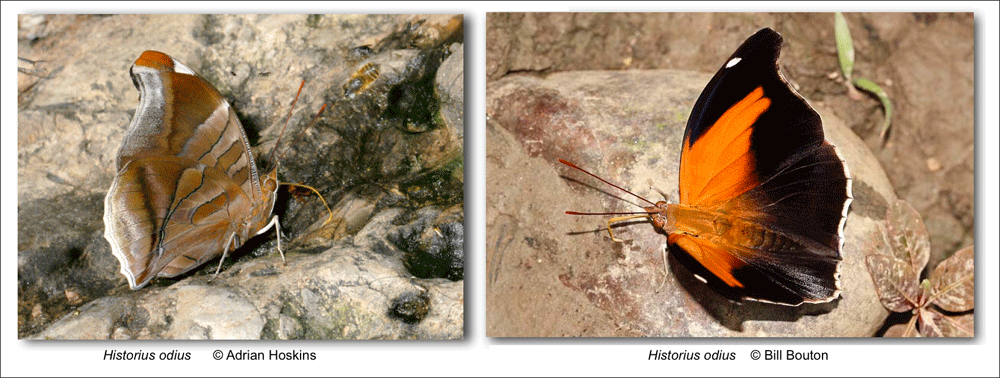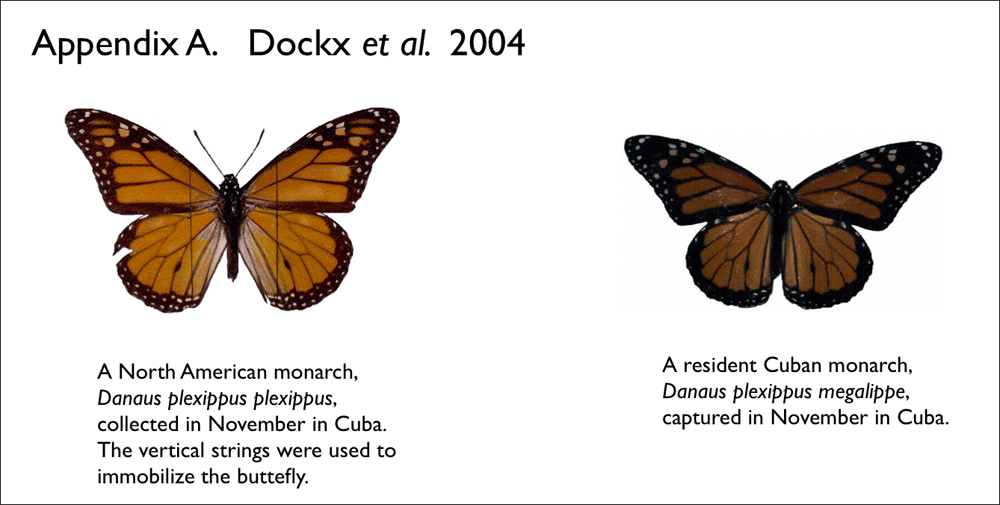Brush-footed (four-footed) Butterflies
Kingdom: Animalia
Phylum: Arthropoda
Class: Insecta
Order: Lepidoptera
Family: Nymphalidae (Rafinesque 1815)
Subfamily Apaturinae
Subfamily Calinaginae
Subfamily Charaxinae
Subfamily Cyrestinae
Subfamily Danainae
Subfamily Heliconiinae
Subfamily Libytheinae
Subfamily Limenitidinae
Subfamily Morphinae
Subfamily Nymphalinae
Subfamily Satyrinae
This is the largest family of butterflies, with about 6,000 species found around the World.
In Jamaica, 42 species have been recorded:
The unique feature about species in this family is that their first pair of forelegs (being insects, all lepidoptera have 3 pairs of legs!) are reduced so that they actually only stand on their middle and rear legs. If you have a microscope, you'll also see that their antennae always have two grooves on the underside.
Many species are brightly coloured on their upperwings. Their underwings, however, can be incredibly drab, often looking like dead leaves: such crypsis enables them to blend-in with their surrounding.

One of the most iconic Nymphalidae is the Monarch Butterfly (Danaus plexippus), whose eastern North American population migrates thousands of miles from southern Canada and the USA to overwinter in a small patch of pine forest in Mexico.
Alas, we don't have any photos of Jamaica's resident subspecies of Monarch (Danaus plexippus megalippe), which our friend Vaughan Turland notes is not very common. He thinks the migratory form may show up occassionally, as they do in Cuba:
Cristina Dockx, Lincoln P. Brower, Leonard I. Wassenaar, and Keith A. Hobson. 2004. Do North American monarch butterflies travel to Cuba? Stable isotope and chemical tracer techniques. Ecological Applications 14:1106-1114. Appendix Plates

A short video of a few Nymphalidae in Windsor:
|
|